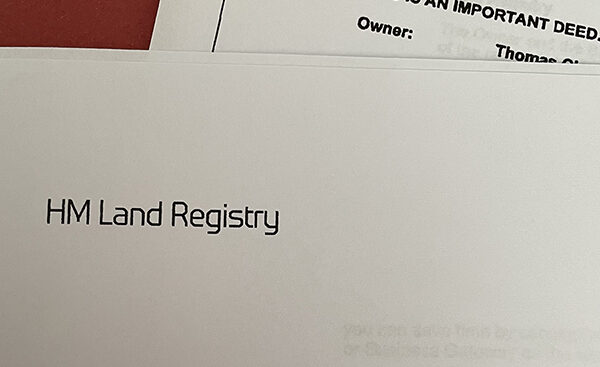The existing tenant may be asked to enter into an Authorised Guarantee Agreement (AGA) which requires them to guarantee the performance of the lease covenants by the assignee.
Under an AGA if the assignee does not pay the rent or breaches other covenants, the landlord could ask the departed tenant as a guarantor to pay any outstanding rent or remedy the breach.
Underletting is where the existing lease remains in place, but the tenant under-leases the whole or part of the property to a third party. The existing tenant becomes the landlord of the third party and remains the tenant bound under the existing lease.
Surrender is where you give the property back to the landlord and the lease ends at that point. You may be able to negotiate with the landlord for the surrender of the lease. It is up to the landlord to agree to a surrender and the landlord may require the payment of a lump sum to do so.
This is an area where it’s best to take legal advice when negotiating these terms into a lease you are taking on as well as when you are trying to exit. Advice on break clauses, AGAs, assignments and other matters can save a business many thousands of pounds.
Please contact our commercial and residential property specialist solicitors Paula Felton or Beverley Obrart if you would like to discuss this further. Paula and Beverley have over 60 years combined experience in this area.


